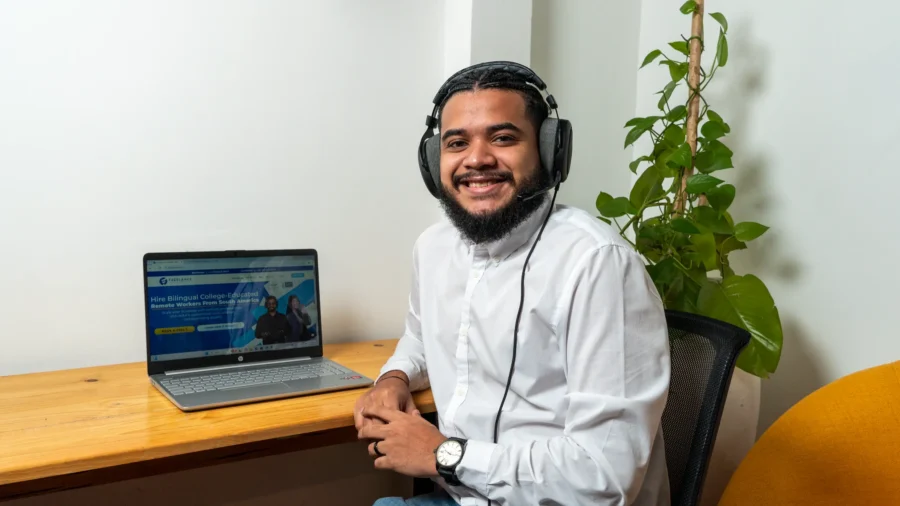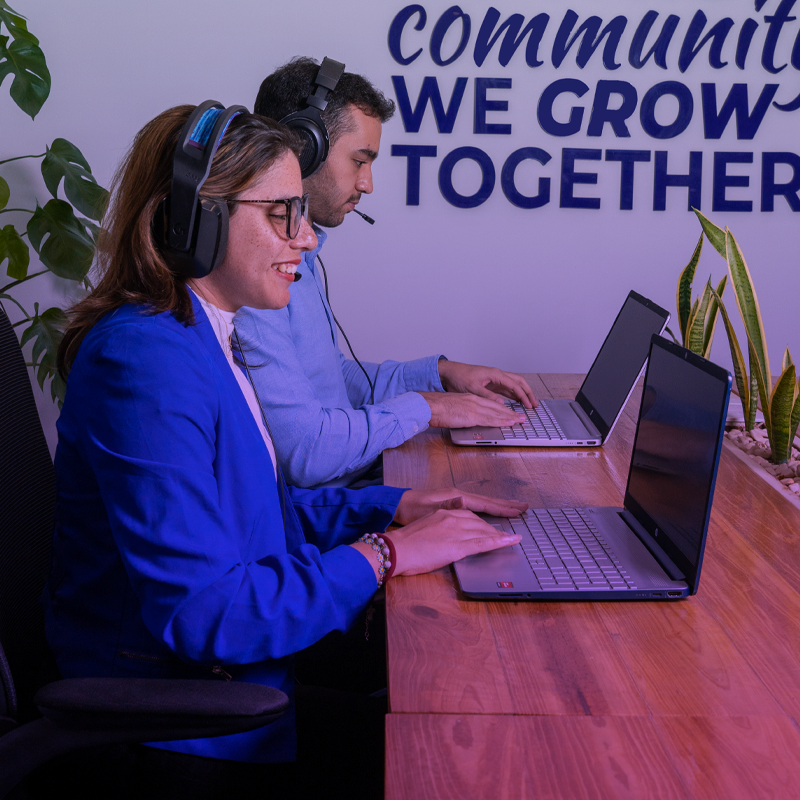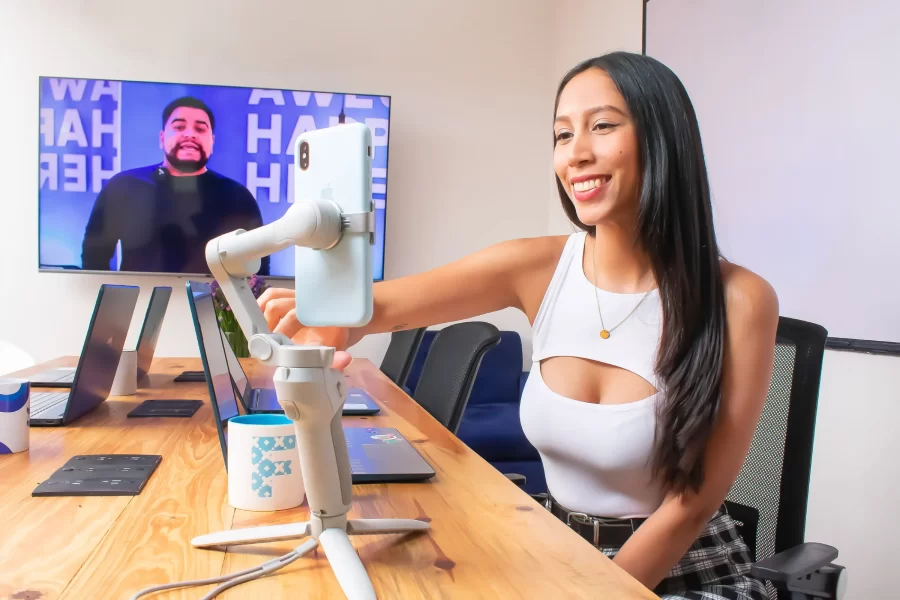As the real estate landscape evolves, so do the dynamics of property management. Traditionally, property manager jobs have been executed in person, but today, more and more property owners are discovering the benefits of hiring remote property managers.
This change is cost-effective and offers a broader talent pool and more flexibility. This article will provide a comprehensive guide to successfully hiring a remote property manager, helping you navigate through this new territory of property management.
Understanding The Need For Remote Property Management
The rise of remote work has profoundly impacted property management jobs. With the advancement of technology and the increasing demand for flexible work arrangements, property managers can now effectively handle their responsibilities from anywhere in the world. This shift has not only transformed the way property management is conducted but has also opened up new opportunities for professionals in the field.
Remote work has enabled property managers to oversee multiple properties without the constraints of physical proximity. They can now leverage digital tools and platforms to efficiently communicate with tenants, handle maintenance requests, and manage finances remotely. This has not only streamlined operations but also improved overall productivity and customer satisfaction.
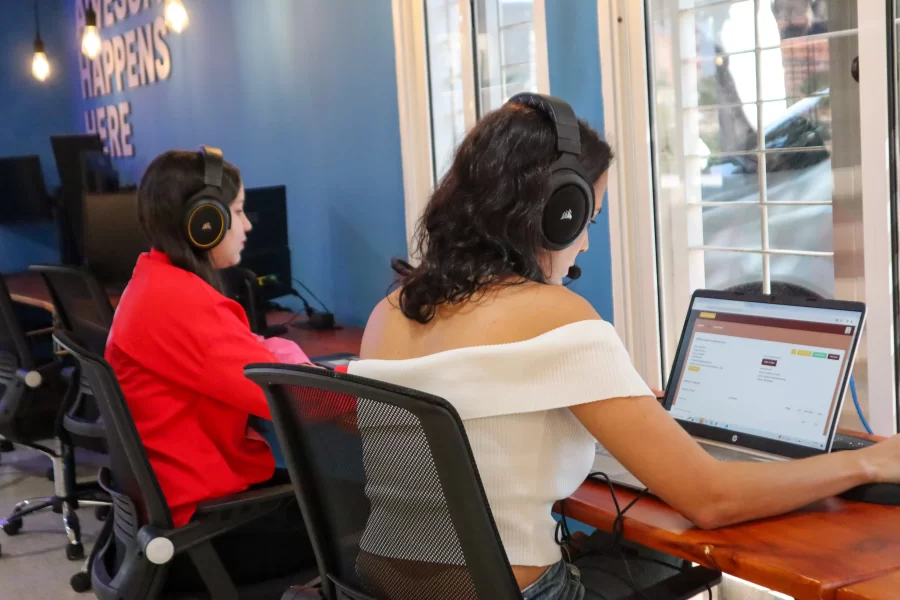
Remote Work Has Expanded Property Manager Jobs
By eliminating geographical limitations, employers can now access a broader range of skilled professionals who can bring diverse perspectives and expertise to their teams. This has led to increased innovation and collaboration within the industry.
However, it is essential to note that remote work in property management also comes with its own set of challenges. Effective communication and coordination become crucial when working remotely, and property managers need to adapt to new technologies and tools to ensure seamless operations.
Additionally, maintaining a work-life balance can be more challenging when the boundaries between work and personal life become blurred.
The rise of remote work has revolutionized property management jobs, providing opportunities for increased efficiency, innovation, and flexibility. As technology advances and remote work becomes more prevalent, property management professionals must embrace these changes and adapt their skills to thrive in this evolving landscape.
What Is Active Community Association Management?
Active Community Association Management, commonly called ACAM, is a specialized field within property management. It entails overseeing and managing communal residential properties, such as condominiums, townhouses, or planned communities.
The role of an ACAM professional is multidimensional, involving everything from property maintenance, financial management, organizing meetings, and enforcing community rules to resolving disputes.
The ultimate goal of active community association management is to enhance the overall quality of life in the community, increase property values, and ensure a harmonious living environment for all residents.
What Is Risk Management?
Risk management in the context of property management and active community association management is a systematic approach to identifying, evaluating, and addressing potential risks.
These risks could be financial, such as the risk of a resident defaulting on their dues; physical, such as property damage due to negligence or natural disaster; or legal, such as the risk of lawsuits due to non-compliance with property-related laws.
Risk management aims to mitigate these risks and protect the community’s interests. A remote property manager, leveraging digital tools, can effectively manage these risks, even from a distance, ensuring the safety, financial stability, and legal compliance of the properties under their care.

Benefits of Hiring Remote Property Managers
Cost-effectiveness
Hiring remote property managers can significantly reduce traditional in-house property management costs. By eliminating the need for physical office space and other related expenses, remote property managers offer a cost-effective solution for property owners.
Greater Pool Talent
When hiring remote property managers, property owners have access to a much larger talent pool compared to limiting their search to a specific geographic area. This allows property owners to find and select the most qualified and experienced professionals for their properties.
Enhanced Technology Utilization
Remote property managers leverage advanced technologies and digital platforms to manage properties efficiently. With online property management software, they can streamline operations, automate tasks, and provide real-time updates to property owners.
Flexibility and Scalability
Hiring remote property managers offers flexibility and scalability for property owners. As property portfolios grow or change, remote property managers can quickly adapt to the evolving needs of the properties, providing seamless management regardless of location or property type.
Improved Communication and Responsiveness
Remote property managers prioritize effective communication with property owners, ensuring timely responses to inquiries, updates, and concerns. Using digital communication tools, property owners can stay connected and informed about their properties, no matter where they are located.
Increased Productivity and Efficiency
Remote property managers often work in a focused and independent environment, increasing productivity and efficiency. Without the distractions of a traditional office setting, remote managers can dedicate more time and attention to managing properties effectively.
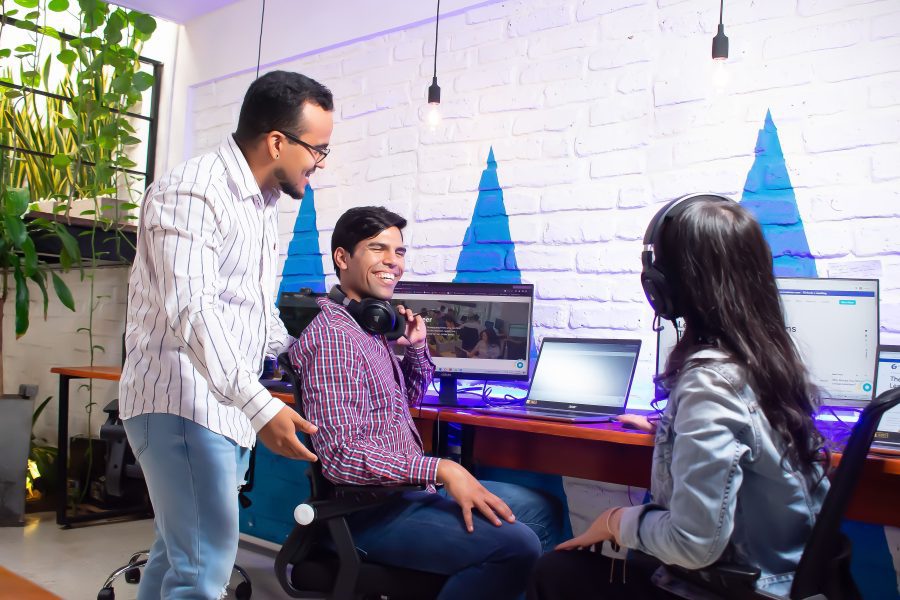
Geographic Diversity
Hiring remote property managers allows property owners to diversify their portfolios across different geographic locations. This can spread risk and provide opportunities for property owners to tap into various markets and capitalize on regional trends and demands.
Environmental Sustainability
Remote property management reduces the need for commuting and physical office spaces, contributing to a more sustainable and environmentally friendly approach to property management.
Overall, the benefits of hiring remote property managers extend beyond cost savings and offer property owners the opportunity to leverage technology, access a wider talent pool, and achieve efficient and effective property management regardless of location.
The Challenges of Hiring Remote Property Managers
Here are a few key aspects to consider:
- Communication hurdles: Effective communication becomes crucial when working with remote property managers. The lack of face-to-face interaction can sometimes lead to misinterpretation or delayed responses. Establishing clear communication channels and setting expectations is essential to ensure smooth collaboration.
- Trust and control issues: Entrusting the management of properties to remote professionals may raise concerns about trust and control. Property owners may worry about the ability to oversee operations and ensure that tasks are being carried out effectively. Implementing reliable systems for tracking progress, conducting regular check-ins, and establishing performance metrics can help address these concerns.
- Technical proficiency: Remote property managers must possess the technical skills to handle various aspects of property management remotely. This includes proficiency in property management software, conducting virtual property inspections, and utilizing online marketing and tenant communications platforms.
- Building a remote team: Hiring and managing a remote property management team requires a different approach than traditional in-person teams. It is essential to establish clear roles and responsibilities, provide adequate training and support, and foster a sense of teamwork and collaboration despite the physical distance.
By considering these factors and implementing strategies to address them, the challenges of hiring and working with remote property managers can be effectively mitigated, leading to successful property management outcomes.
Skills To Look For In a Remote Property Manager
When hiring a remote property manager, several key factors must be considered. First and foremost, it is crucial to identify the essential skills required for remote property management. These skills may include effective communication, organizational abilities, problem-solving aptitude, and a strong understanding of property management principles.
In addition to skills, verifying the qualifications and experience of potential remote property managers is vital. This can be done by thoroughly reviewing their resume, checking references, and conducting interviews. Look for candidates with a proven property management track record, preferably with experience in remote or virtual settings.
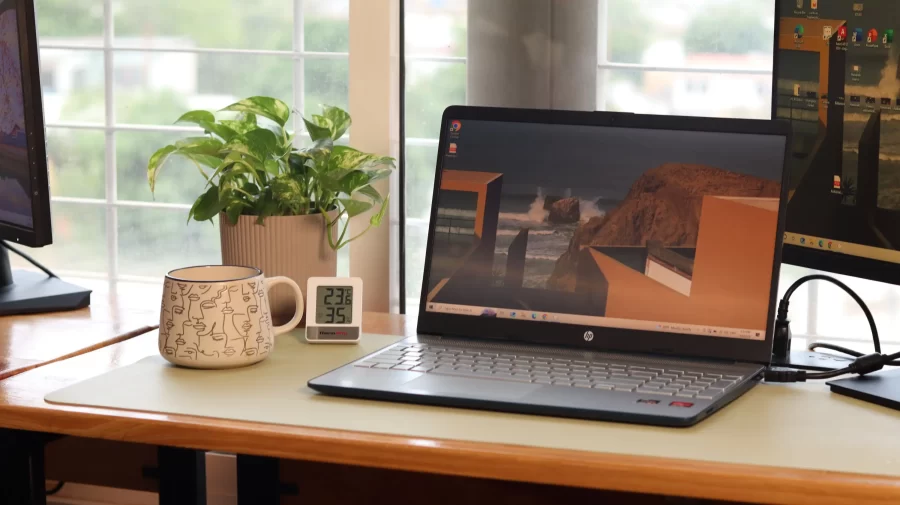
Furthermore, it’s essential to consider other factors, such as the tools and technology the property manager is familiar with. Remote property management often relies on various software and platforms for tenant communication, rent collection, and property maintenance.
Ensuring the property manager is proficient in these tools can contribute to a smoother and more efficient management process.
Lastly, don’t underestimate the significance of compatibility and trust. Since remote property management involves working from a distance, establishing a solid working relationship and trust with the property manager is essential. Look for someone reliable and responsive who shares your vision for the property.
By considering these aspects when hiring a remote property manager, you can increase your chances of finding an individual with the necessary skills, qualifications, and experience to manage your property effectively from a distance.
How To Lead Remote Property Improvements
Leading remote property managers involves several vital aspects of effective operations and successful outcomes. Here are some important considerations:
- Setting expectations: Clearly define remote property managers’ roles, responsibilities, and performance expectations. This includes establishing guidelines for property inspections, tenant communication, rent collection, maintenance coordination, and other essential tasks. Detailed instructions and procedures can help property managers understand their responsibilities and perform their duties effectively.
- Communication best practices: Effective communication is crucial when managing remote property managers. Regularly scheduled check-ins, such as weekly or bi-weekly meetings, can help maintain open lines of communication. To stay connected and promptly address any concerns or questions, utilize various communication channels, such as video conferencing, phone calls, emails, and instant messaging. Encourage property managers to provide regular updates on property status, tenant issues, and other relevant information.
- Use of technology in remote property management: Leverage technology tools and platforms to streamline remote property management processes. Property management software can centralize property data, automate tasks, and facilitate efficient collaboration. Online portals can enable easy access to documents, lease agreements, and financial reports. Utilizing digital tools for virtual property inspections and maintenance requests can help expedite processes and ensure timely resolutions.
By focusing on these aspects, property owners and managers can effectively navigate the challenges of managing remote property managers and optimize the overall management of their properties.
Why The Future of Property Management Is Remote
The future of property management is increasingly remote due to the convergence of several factors. Technological advancements have made remote operations more efficient, with digital tools enabling effective communication, tenant engagement, and financial management.
The ability to tap into a global talent pool has also been a significant factor, allowing for a more diverse range of skills and experiences within property management teams. Moreover, remote work boosts productivity and promotes a flexible work environment that can lead to increased job satisfaction.
However, to maximize the benefits of this trend, property managers and active community association management teams must continue to adapt and innovate in response to the unique challenges of remote work. This includes developing effective communication, coordination, and work-life balance strategies while staying abreast of emerging technologies.
Find A Freelancer Who Can Handle Property Management Here
In conclusion, shifting towards remote property management poses challenges and opportunities. With the right strategies and digital tools, property managers can effectively navigate these changes, ensuring seamless property management and active community association management.
It’s about leveraging technology to enhance communication, improve tenant engagement, and streamline financial operations. Furthermore, tapping into a global talent pool broadens the skill set within property management teams, boosting productivity and fostering a flexible work environment.
Staying flexible and open to innovation will only become more crucial as we move forward. We must continue to identify and adopt best practices, adapt to the evolving landscape, and never lose sight of our ultimate goal: offering superior property management services to our clients.
By doing so, we can ensure that our approach to property management is remote but also robust, responsive, and ready for the future.
See more articles by Andrea Corona.


